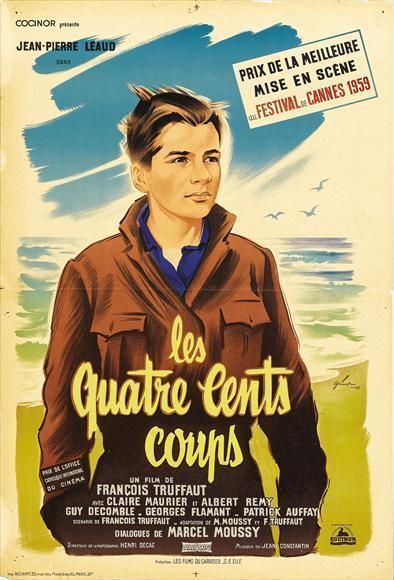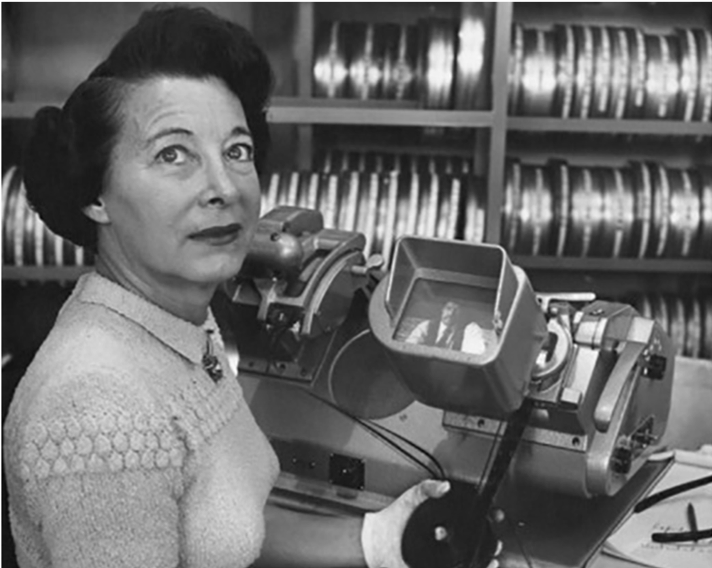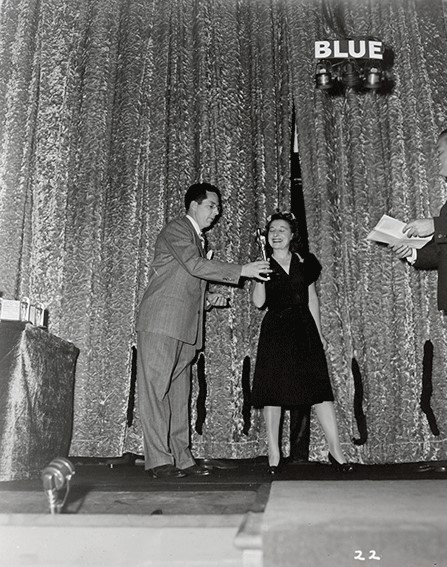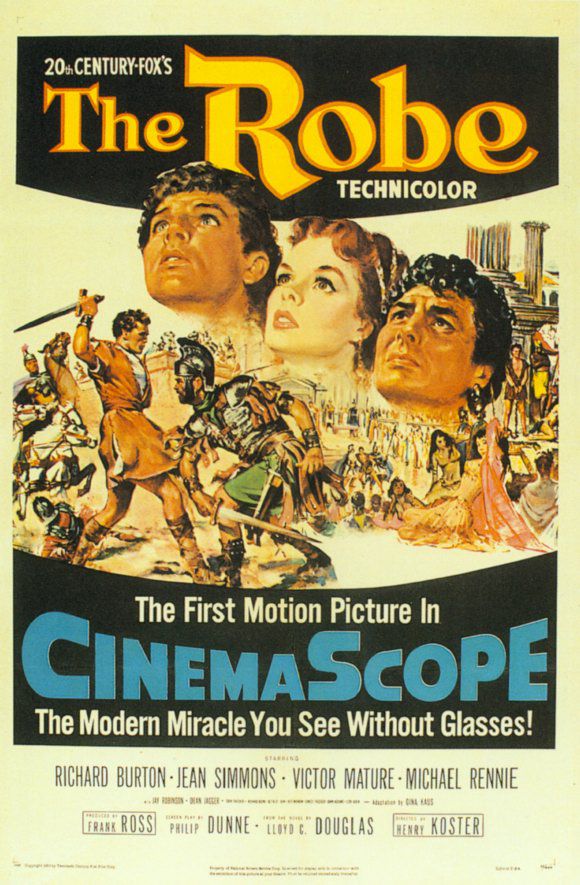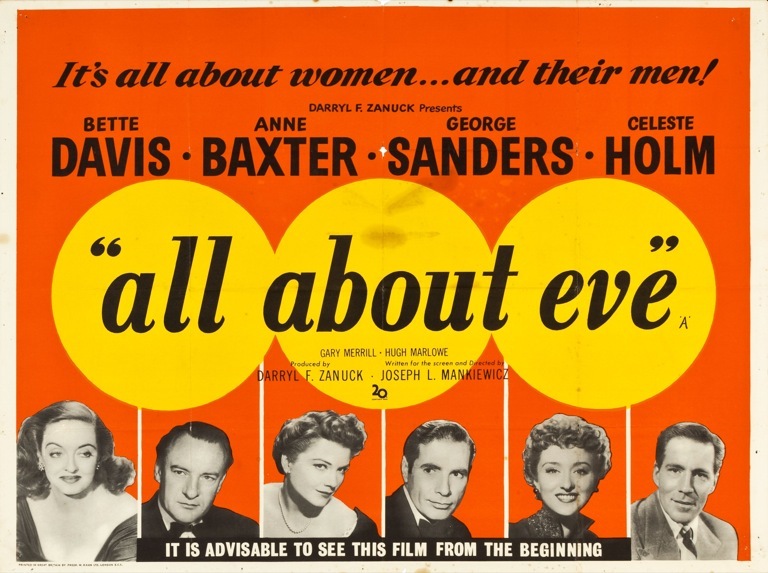Marie-Josèphe Yoyotte
1929 – 2017
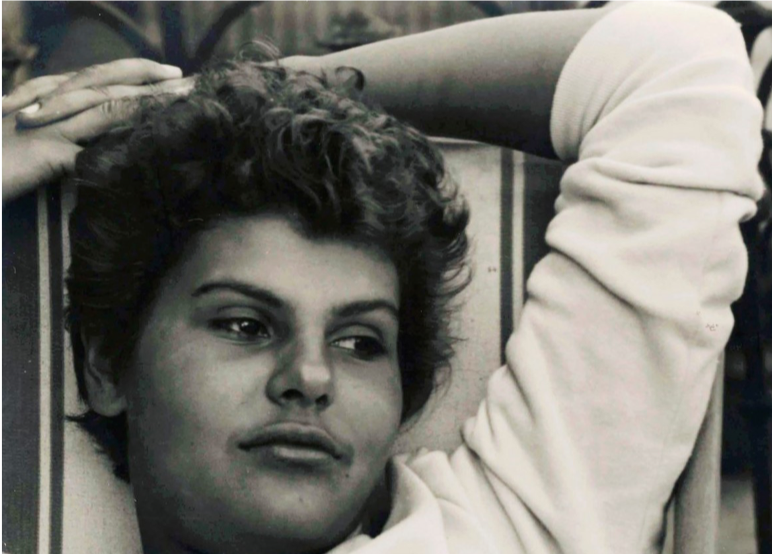 Marie-Josèphe Yoyotte’s father was from Martinique, her mother was French. She was born and raised in France, and worked primarily in that country, but maintained a close relationship with her roots in Martinique.
Marie-Josèphe Yoyotte’s father was from Martinique, her mother was French. She was born and raised in France, and worked primarily in that country, but maintained a close relationship with her roots in Martinique.
Yoyotte was the first black woman editor in French cinema, with seventy-four editing credits, including for Francois Truffaut’s The 400 Blows, Jean Cocteau’s The Testament of Orpheus, and three Euzhan Palcy films (Sugar Cane Alley (aka Black Shack Alley), Rues Cases Nègres and Siméon.)
Yoyotte also edited four films for Jean Rouch: La pyramide humaine, Dionysos, Portrait de Raymond Depardon and Moi, un noir (co-edited by Catherine Dourgnan). More recently she edited Microcosmos and Winged Migration, for which she won César Awards. She won her third César for Police Python 357.
Note: You can read more about the seventeen women editors who collaborated with Jean Rouch here.
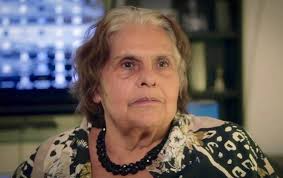
“All films are unique in the editing. A film is first of all a dream…The final construction happens in the editing. I’m truly touched by all the people who want to bear witness, because it’s the job of the editor to assist those who want to have their voice heard. There is no rule in editing. There is a taste for storytelling, a taste for collaboration with someone’s dreams.”
—“Décès de la Martiniquaise Marie-Josèphe Yoyotte, monteuse talentueuse de cinema” by Cécile Baquey. The entire interview (in French) can be found in the Appendix.

